SUMMARY
This is AI generated summarization, which may have errors. For context, always refer to the full article.
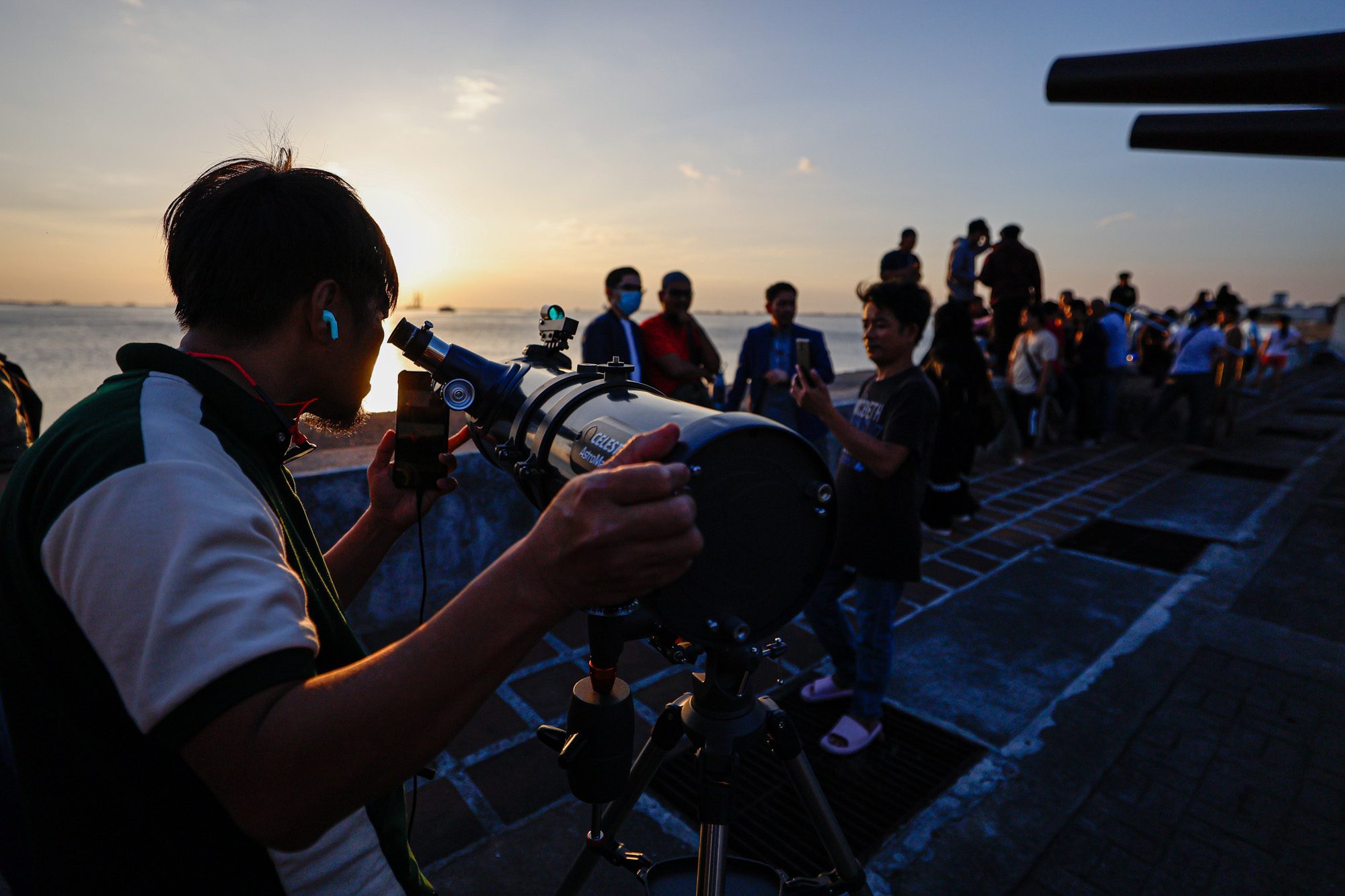
MANILA, Philippines – The Islamic fasting month of Ramadan is set to begin on Tuesday, March 12, after moonsighting committees across the country reported no sighting of the new moon.
The National Commission on Muslim Filipinos (NCMF) made this announcement Sunday evening, March 10, adding that this was the first time the NCMF and the Bangsamoro Autonomous Region in Muslim Mindanao (BARMM) Darul Ifta announced the same date for Ramadan.
In an advisory at 8:09 pm on Sunday, the NCMF said it “has determined that no moon was observed tonight by all the NCMF regional and field offices and their moonsighting groups.”
“This means that Ramadan will begin on March 12, Tuesday,” said the NCMF’s regional office in the National Capital Region.
Islam follows a lunar calendar that is based on sightings of the moon. The date of Ramadan, as well as the Muslim feasts of Eid’l Fitr and Eid’l Adha, are determined through moonsighting activities in adherence to the teachings of the Prophet Muhammad.
Had the new moon been sighted on Sunday, Ramadan would have begun by Monday, March 11. A sighting of the new moon would have meant no need to complete the 30 days of the preceding month.

Moonsighting in Manila
In Metro Manila, a moonsighting activity was conducted at Manila Baywalk along Roxas Boulevard and in front of Rajah Sulayman Park. The moonsighting was led by the NCMF and attended by Islamic scholars and members of Muslim communities.
Moonsighting is “part of the tradition of the Prophet Muhammad,” explained Alzad Sattar, professor of Islamic Studies at the University of the Philippines Diliman, in an interview with a few journalists at the Manila moonsighting activity on Sunday evening.
“In Islam, if you want to do any religious act or actions, it should follow the way of the Prophet Muhammad, peace be upon him,” said Sattar, adding that Muslims “consider this a good deed.”
“The Prophet Muhammad said, ‘Do not fast in the month of Ramadan unless you see the moon,’” Sattar explained in a mix of English and Filipino.
Ramadan, one of the five pillars of Islam, is the most sacred month for Muslims around the world. During this month, Muslims are required to fast from food, water, and sexual intercourse, among other things, from sunrise to sunset each day. This practice aims to enhance the self-control of believers and to direct their attention toward the plight of the needy. – Rappler.com
Add a comment
How does this make you feel?

![[The Wide Shot] Meet the ‘muslim’ Jesus](https://www.rappler.com/tachyon/2024/06/wide-shot-catholic-muslim.jpg?resize=257%2C257&crop_strategy=attention)


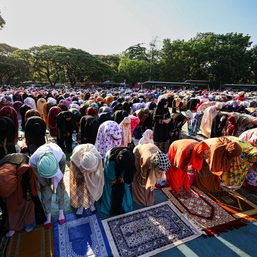
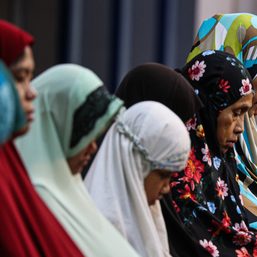
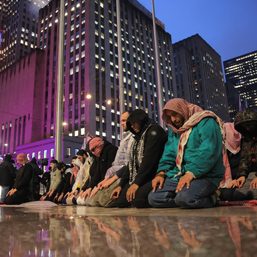
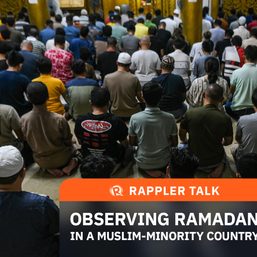
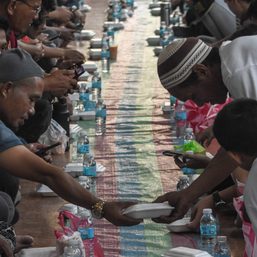
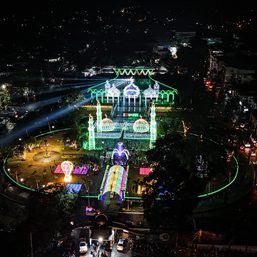
There are no comments yet. Add your comment to start the conversation.